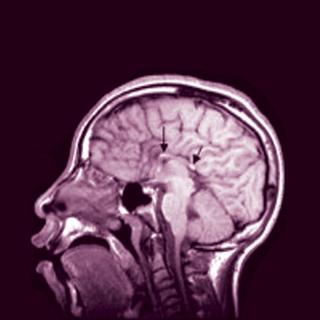Two studies from Government Medical College (GMC), Srinagar, have researchers calling for doctors to scan women who present with polycystic ovary syndrome for mood disorders, and vice versa, and to treat patients holistically when both are present. So far, the conditions have been looked at and treated in isolation, say the researchers.
Both polycystic ovary syndrome (PCOS) — a hormonal disorder that may cause women to have infrequent or prolonged periods, excess testosterone, and/or irregular ovulation — and mood disorders, such as depression, anxiety or bipolar mood disorder, are characterized by similar hormonal and metabolic irregularities such as obesity and the overproduction of leptin, that is, the hormone that regulates hunger. Therefore, with the studies, the researchers aimed to test how often these conditions co-exist within the same patient.
Although the two studies were published in 2018 and 2015, their findings will be presented next month at the UK’s Royal College of Psychiatrists, as per a report by Greater Kashmir. The presentation, say researchers, might help in changing the way doctors treat PCOS and mood disorders.
“So far, we’ve believed that the psycho-social impact of PCOS, such as lowered self-esteem, infertility and other,s leads to psychiatric effects of PCOS,” said lead researcher Dr. Sabreena Qadri. “But there is a greater association between the two than was being currently taken into account,” she told Greater Kashmir.
The first study found that 23% of patients with bipolar mood disorders had PCOS. Dr. Qadri said that although we know through studies earlier that the prevalence of mood and anxiety disorders in patients with PCOS is high and that women with PCOS are at a higher risk of suffering from depression, doctors don’t screen all women for mood disorders if they have PCOSpreventing a chance at adequate treatment.
Related on The Swaddle:
PCOS: What It Is, What You Need To Know
The second study showed that 23% of PCOS patients had major depressive disorders — as compared to just 7.5% of women who did not have PCOS. More than 15% of women affected by PCOS also had panic disorders, a rate that’s three times higherthan women not affected by PCOS.
“We found that mood anxiety symptoms are very common in PCOS patients. Many times, the psychiatric symptoms may also predate the PCOS diagnosis,” Dr Qadri said.
Related on The Swaddle:
Women Are Finding Their Own Ways to Manage PCOS
Therefore, the researchers are urging doctors to employ a multi-dimensional approach in treating patients diagnosed with PCOS or mood disorders, and to be aware of the relation between the two when treating patients for either of these. “We recommend appropriate measures to diagnose psychiatric disorders as part of PCOS management. The PCOS, if unmanaged, has devastating effects on the lives and well-being of women and must not be ignored by practitioners as a cosmetic issue.
We have evidence now that doctors need to look beyond the metabolic syndrome when evaluating such patients,” said Dr Qadri.




